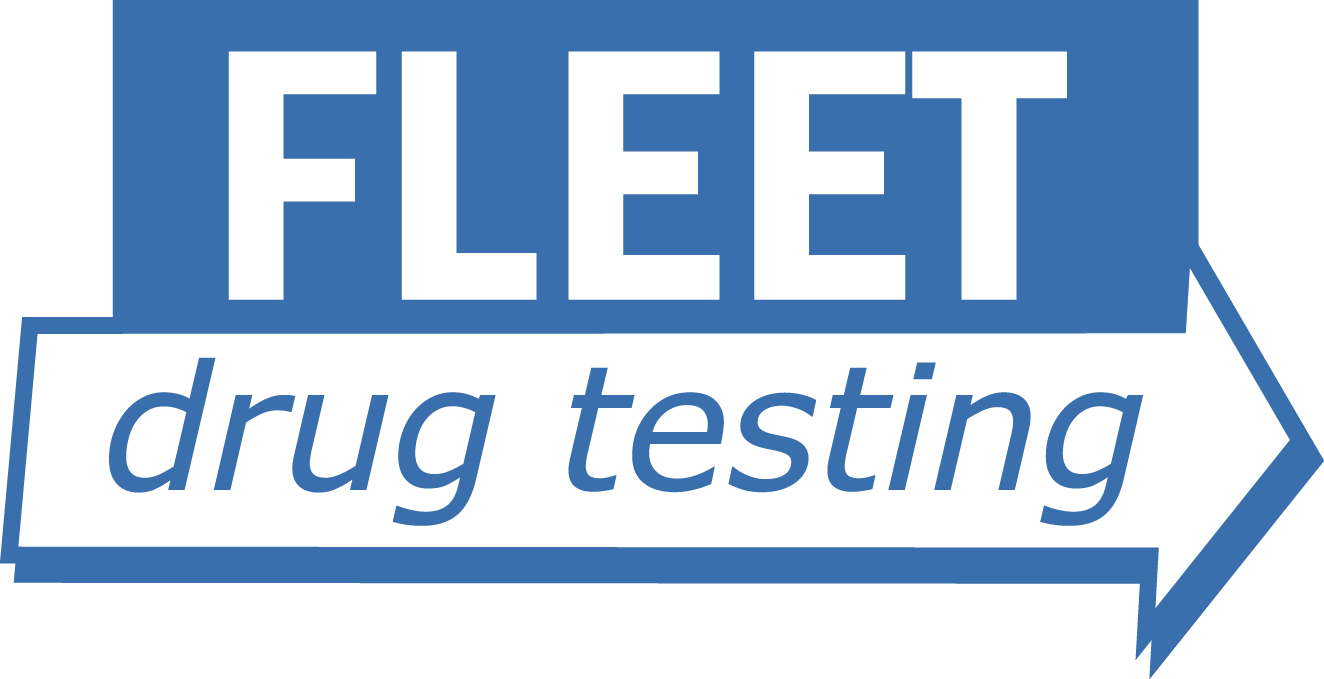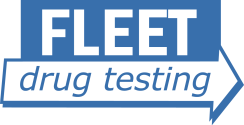If you work in the transportation industry in Idaho, Fleet Drug Testing has the DOT compliance solutions that you need. Our dedicated professionals at Fleet Drug Testing concentrate on ensuring both you and your company meet all DOT regulations for drug testing and reporting. Whether your route passes along Interstate 84 in Boise or Interstate 90 through Coeur d’Alene, we can locate testing locations near you. Contact us today to get started.
What is the Process for Drug Testing in Idaho?
The DOT drug testing program is structured in such a way that certain “safety-sensitive” employees get tested at certified locations throughout Idaho. These locations must follow strict guidelines to comply with regulations and guarantee accurate test results. Here are some key guidelines for DOT drug testing in Idaho:
- Chain of custody – The DOT mandates stringent chain-of-custody procedures for DOT drug testing. This is extremely important regarding the accuracy of results, and applies at every stage, from collection to reporting.
- Testing methods – While the predominant DOT drug test involves urine testing, alternative methods like saliva testing may be employed under specific circumstances.
- Medical Review Officer (MRO) – Employers are obligated to appoint a licensed Medical Review Officer (MRO) to oversee the testing process and interpret results. The MRO must meet the qualifications outlined by the DOT.
- Employee notification – Employees must receive written notification of their rights and responsibilities regarding DOT drug testing. Additionally, they should be informed about the potential consequences of a positive drug test result.
When Are You Tested?
As a safety-sensitive employee, you’re to report for drug testing at certain intervals throughout your employment under the DOT program:
- Pre-employment – Your first encounter with drug testing occurs before landing the job. A mandatory pre-employment drug test is a prerequisite for being hired.
- Random testing – A percentage of safety-sensitive employees undergo random drug tests throughout the calendar year. Currently, the drug testing rate is set at 50%, while alcohol testing is set at 10%.
- Post-accident – Following an accident involving significant vehicle damage or injury, employees involved must undergo drug testing.
- Return-to-duty – If you or another employee tested positive in a previous test, a future drug test is required before resuming safety-sensitive duties and returning to work.
- Reasonable suspicion – In cases where a supervisor or trained Substance Abuse Professional (SAP) suspects drug use or impairment, they can request a drug test for you or another employee.
Knowing when drug tests will happen provides some control over the results, despite the stress it may cause. Understanding the procedure is important to your continued employment, but so too is understanding why this testing is in place.
Why is There a Drug Testing Program?
Not surprisingly, the DOT’s drug testing program is in place to promote safety. It does this by punishing the use of drugs and alcohol, particularly among those employees whose job it is to keep others safe. At the same time, just having a testing program in place doesn’t necessarily mean that you or anyone else will refrain from using drugs and alcohol, or even necessary prescription medications while you work. So, it then becomes necessary to look at the other reasons why drug testing specifically is implemented by the DOT:
- Risk reduction – Minimizing the risks associated with impaired performance due to drug use, reducing the likelihood of accidents and potential harm.
- Public safety – The DOT’s main goal is to prioritize public safety by maintaining a drug-free workforce in safety-sensitive positions within the transportation industry.
- Drug-free environments – Preserving the integrity of transportation operations by promoting a drug-free work environment, thereby enhancing overall operational reliability.
- Preventing impaired driving – Addressing the specific risks of impaired driving in safety-sensitive roles to prevent accidents and protect both employees and the general public.
- Accountability – Holding employees accountable for maintaining a drug-free status, to ensure responsible behavior in safety-critical positions.
- Industry standards – Aligning with industry best practices and standards to maintain a high level of professionalism and safety within the transportation sector.
- Legal compliance – Following legal mandates and regulations related to drug testing in safety-sensitive positions, as outlined by federal guidelines.
Having drug testing protocols in place goes a long way toward safety, but as we’ve said previously, it’s not a guarantee. So, while having to report for drug testing is important, it’s even more important to know what is looked for.
What’s Looked For on a Drug Test?
The drug testing conducted by the DOT is highly focused and specifically screens for five types of drugs:
- Marijuana (THC)
- Cocaine
- Amphetamines
- Opiates
- Phencyclidine (PCP)
The DOT’s drug and alcohol testing program is well-known for its strictness, supported by ample federal resources. That said, what you likely feel most as an employee are the potential consequences of not complying. It typically results in significant penalties for both you and your employer.
Despite the strict measures, the DOT’s program can be seen as being a positive influence on the transportation industry by:
- Enhancing safety standards
- Reducing accidents
All of this adds up to your responsibility. There’s no excuse for trying to skirt the drug testing program, and any attempt to do so will not only put your job in jeopardy, but the jobs of your coworkers and the financial health of your company.
Take Control of the Drug Testing Process With Fleet Drug Testing
At Fleet Drug Testing, we understand the significance of staying compliant with DOT regulations. This means staying on top of the DOT’s drug testing program. Our team of seasoned professionals is here to assist you with all aspects of these regulations, from locating testing facilities to reporting results. Contact us today to get started. We’ll help you take control of the drug testing process.

